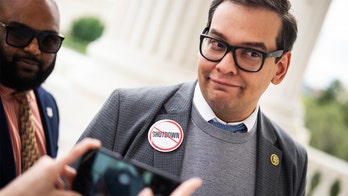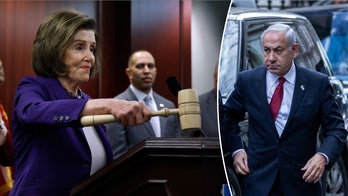The Supreme Court has delayed for three months a decision on whether to hear arguments from a group of Chinese men who have been imprisoned at the Guantanamo Bay prison camp for more than seven years.
The announcement was made without explanation but may have been prompted by the recent actions of the Obama administration to move the men out of Guantanamo. The high court's decision gives the government more time to finish that process.
Earlier this month, four of the Uighurs were relocated to Bermuda. The Pacific island of Palau has agreed to take the remaining 13 but government officials of the island nation report that several of the men refuse to go there fearing reprisals from their home country.
Relocating the Uighurs is just one part of a larger headache for the Obama administration's efforts to meet its self-imposed pledge to close the War on Terror facility by January. The Uighurs were picked up in Afghanistan but have steadfastly maintained they had no role in supporting the Taliban, Al Qaeda or fighting the United States. The government does not allege the men are terrorists and insists they are free to go to any country that they want -- provided that country will take them.
Last year, a federal judge in Washington concluded the men had been detained long enough and ordered the men released into the United States. On appeal, another court blocked that decision and eventually overturned the ruling. Solicitor General Elena Kagan asked the Court not to take the Uighur's case; she said immigration laws prevent the men from entering this country.
Kagan also argued that because the Uighurs are no longer considered enemy combatants and free to leave Guantanamo, there is no need for a judicial order forcing them into this country.
"The decision whether to allow an alien abroad to enter the United States, and if so, under what terms, rests exclusively in the political branches," she said.
Lawyers for the Uighurs told the Court that the lower court decision now under review presents a fundamental question of "whether it is for the prisoner to justify release or the jailer to justify imprisonment."
Once the Uighurs are relocated, the court case most likely ends. However, the Court may still take the case, if the Uighurs remain at Guantanamo by the end of September.




